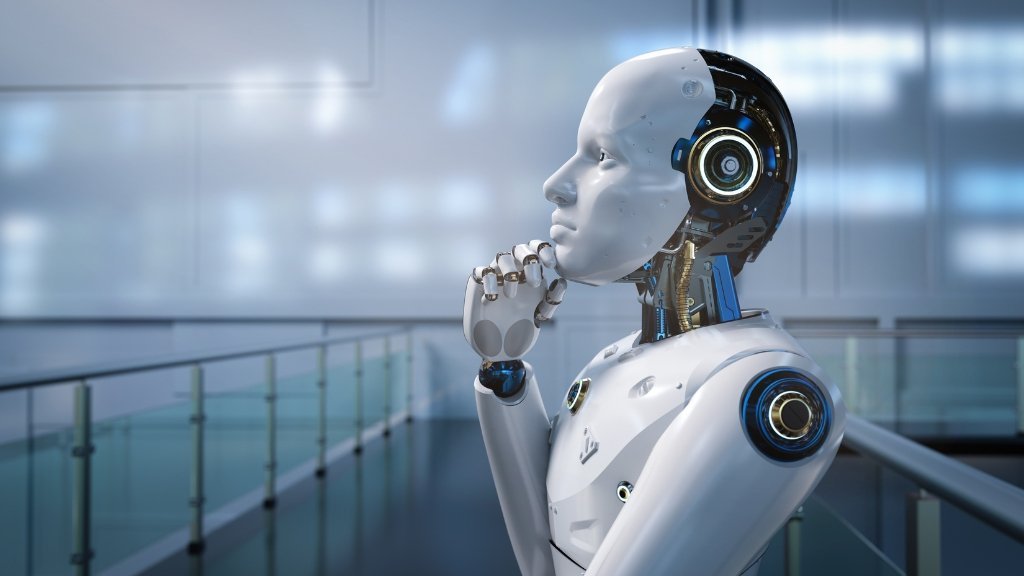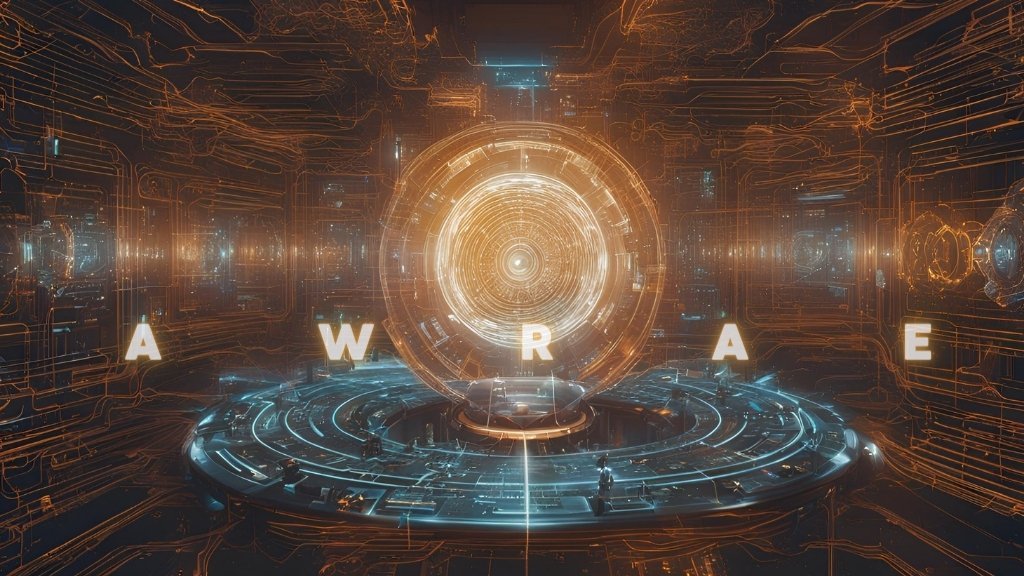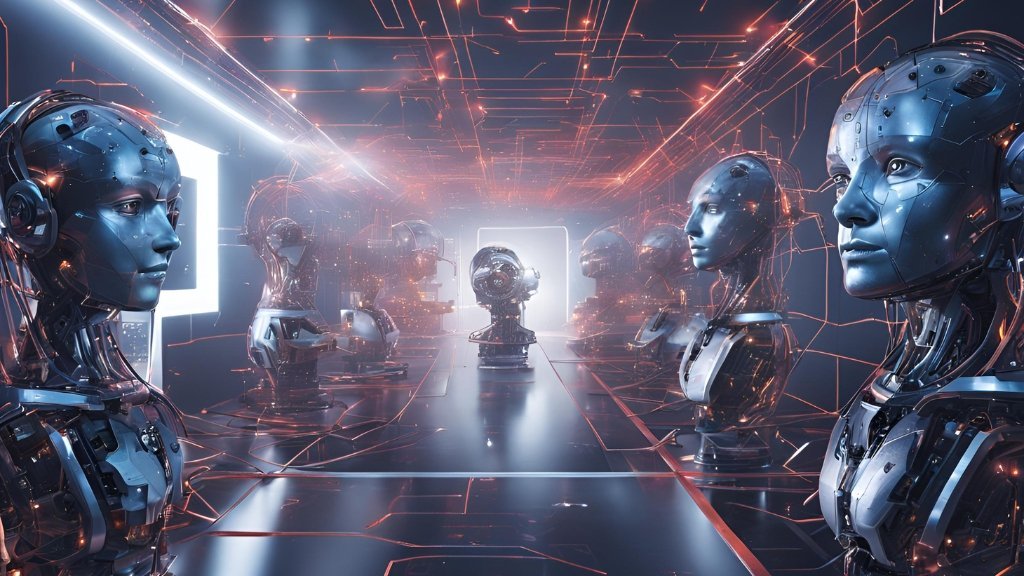In the previous articles of this series, I explored the ethical challenges and opportunities of artificial intelligence (AI), focusing on issues such as bias, discrimination, privacy, and existential risk. In this third installment, I delve into the transformative impact of AI on the future of work.
The Changing Landscape of Work
AI is already reshaping the workplace, automating tasks, and augmenting human capabilities. While this technological revolution promises increased efficiency and productivity, it also raises concerns about job displacement, economic inequality, and the need for new skills and training.
Automation and Job Displacement
One of the most significant concerns surrounding AI is its potential to automate jobs that were once performed by humans. While some jobs are more susceptible to automation than others, it is clear that the workforce of the future will look very different from the workforce of today.
However, it’s important to note that AI is not just about replacing jobs, but also about creating new ones. As AI takes over routine and repetitive tasks, it frees up humans to focus on more creative, strategic, and complex work.
The Rise of New Skills and Jobs
The AI revolution is creating a demand for new skills and expertise. Data scientists, machine learning engineers, and AI ethicists are just a few examples of the new roles that are emerging in the AI-powered economy.
To thrive in this changing landscape, individuals and organizations need to invest in education and training programs that equip them with the skills needed for the jobs of the future. This includes not only technical skills, but also soft skills like critical thinking, creativity, and emotional intelligence.
The Importance of Human-AI Collaboration
Rather than viewing AI as a threat to human workers, we should embrace it as a tool that can augment our capabilities and enhance our productivity. By working together, humans and AI can achieve more than either could alone.
For example, AI can help doctors diagnose diseases more accurately, lawyers analyze legal documents more efficiently, and marketers create more personalized campaigns.
Addressing the Challenges of the AI-Powered Workplace
To ensure a just and equitable transition to an AI-powered economy, it is crucial to address the challenges of job displacement and economic inequality. This may involve:
- Providing retraining and upskilling opportunities for workers: Governments and businesses need to invest in programs that help workers acquire the skills needed for the jobs of the future.
- Implementing policies to support workers affected by automation: This could include income support, job placement assistance, and access to education and training.
- Promoting fair and equitable distribution of the benefits of AI: The economic gains from AI should be shared broadly, not just concentrated in the hands of a few.
Conclusion
The future of work in the age of AI is uncertain, but it is also full of possibilities. By embracing AI as a tool for collaboration and innovation, and by addressing the ethical and social challenges it poses, we can create a future where technology empowers us to achieve our full potential and build a more prosperous and equitable society.



